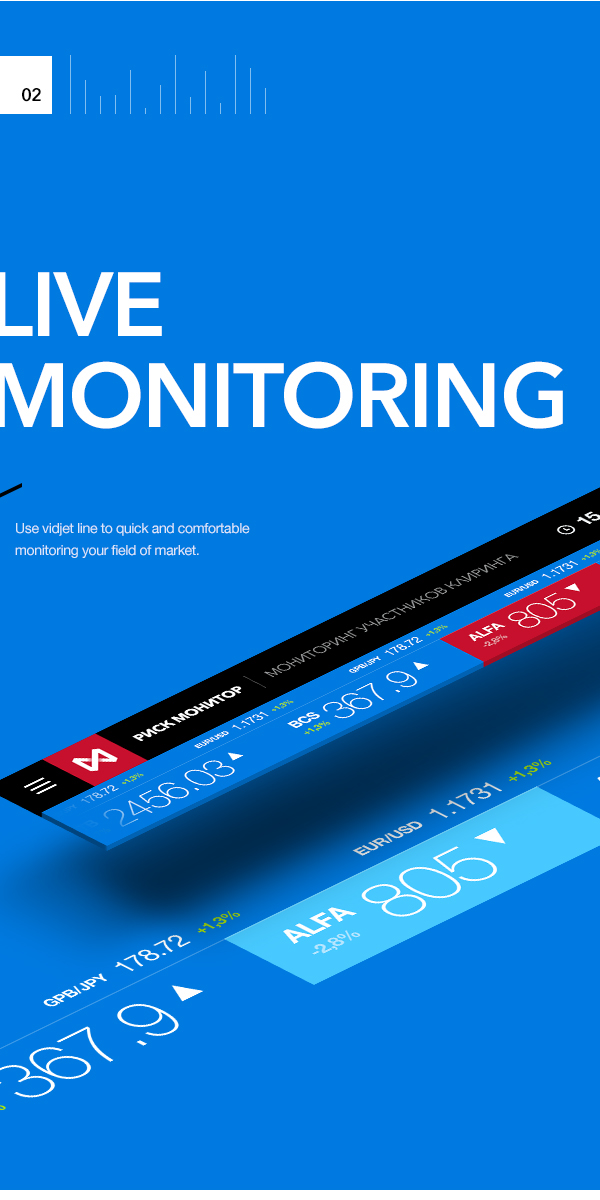Do you have credit card debt that’s making it difficult to make ends meet? Trying to stay ahead of your bills and avoid dipping further into debt can be challenging. Many people choose to pay more than the minimum balance due every month in order to get out from their financial obligations faster.
However, there are certain drawbacks associated with overpaying on your credit cards that you should take into consideration before doing so. In this blog post, we’ll discuss why paying off too much credit card debt might not be the best idea for everyone and how to avoid it. Read on for an informative overview of the importance of mastering personal finances responsibly.

Negative balances don’t count towards your credit score
We all want a good credit score – it helps with everything from mortgages to car payments. Not only can it impact your ability to get approved for loans, credit cards, and even apartments or jobs, but it can also affect the interest rates you’re offered on those products. In other words, the higher your credit score, the better your financial opportunities are likely to be.
Part of getting a good credit score is ensuring that you pay off any credit card debt that you have. However, there’s no benefit to overpaying. It doesn’t harm your credit score, but it doesn’t improve it either, so it’s better to keep your money in your current account, where you can use it for a wider range of things.
You may put yourself in more financial difficulty
Ultimately, overpaying on your credit card means you have money allocated to your account that you then can’t move around or withdraw as cash without a penalty. Whilst you may be able to use it to pay your bills, you could end up in a cycle where you’re paying off one form of credit with another, which can be easy to lose track of. Whilst a small overpaid balance due to a refund, for example, isn’t problematic, you should try and avoid deliberately overpaying in order to give you more financial freedom.
It can lead to fraud alerts
In some cases, large overpayments can lead to the fraud security tests on your account being triggered, which may freeze your card. Not only is this inconvenient at the time, but you’re likely to have to go through a process to confirm your identity with the bank, and let them know why you’ve overpaid so much.
The reason that this happens is that overpayment can be a sign of refund fraud, where the customer gets a refund on goods they haven’t purchased. Alternatively, it may suggest money laundering, where criminals make large amounts of money illegally.
How to avoid overpaying on your credit card
Keeping a close eye on your credit card purchases can help you avoid overpaying. Sometimes, merchants may accidentally charge you for an item that you did not purchase, or charge you the incorrect amount. Make sure to double-check your statements and contact your credit card company if you see any unauthorized transactions, as well as getting them removed from your credit report.
Another way to avoid overpaying is to set up automatic payments for the full balance of your card and no more. This will help you stay on top of your bills without risking errors on a manual payment. If you do happen to make an error, contact your bank immediately.
Remember, small efforts to stay aware of your credit card spending can lead to big savings in the long run.

